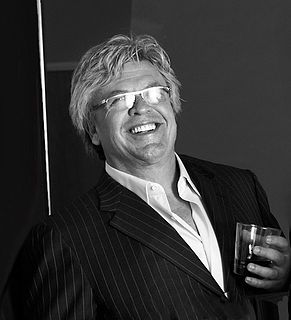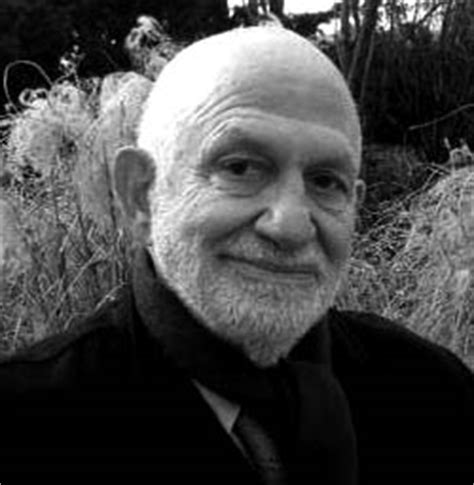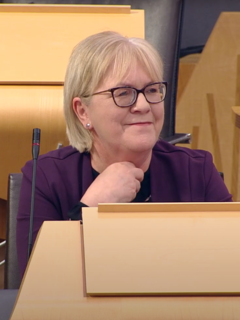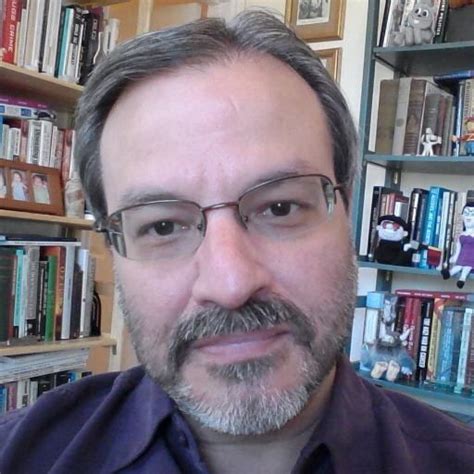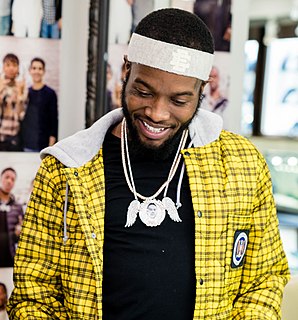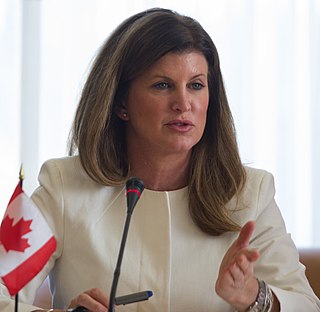A Quote by Anna Quindlen
Whether talking about addiction, taxation [on cigarettes] or education [about smoking], there is always at the center of the conversation an essential conundrum: How come we're selling this deadly stuff anyway?
Related Quotes
Addiction is more malleable than you know. When people come to me for therapy, they often ask me whether their behavior constitutes a real addiction (or whether they are really alcoholic, etc.). My answer is that this is not the important question. The important questions are how many problems is the involvement causing you, how much do you want to change it, and how can we go about change?
If the fact that people make poor decisions is reason enough for the government to second-guess their decisions about dangerous activities such as smoking cigarettes and riding motorcycles, why on earth should the government let people make their own choices when it comes to such consequential matters as where to live, how much education to get, whom to marry, whether to have children, which job to take, or what religion to practice?
I quit smoking in December. I’m really depressed about it. I love smoking, I love fire, I miss lighting cigarettes. I like the whole thing about it, to me it turns into the artist’s life, and now people like Bloomberg have made animals out of smokers, and they think that if they stop smoking everyone will live forever.
Once and for all, people must understand that addiction is a disease. It’s critical if we’re going to effectively prevent and treat addiction. Accepting that addiction is an illness will transform our approach to public policy, research, insurance, and criminality; it will change how we feel about addicts, and how they feel about themselves. There’s another essential reason why we must understand that addiction is an illness and not just bad behavior: We punish bad behavior. We treat illness.
The conversation should've been about middle class people. The conversation should've been about how to raise the minimum wage and strengthen Social Security. But then we started talking about this whole email stuff again. And now the outcome is that, you know, Donald Trump has somebody who he's looking at to put on his Cabinet who's a lobbyist to privatize Social Security.
It seems to me that we make a terrible mistake in talking about Trump as some kind of essence of evil. Trump is symptomatic of something much deeper in the culture, whether we're talking about the militarization of everyday life, whether we're talking about the criminalization of social problems, or whether we're talking about the way in which money has absolutely corrupted politics. This is a country that is sliding into authoritarianism.
Currently, without scientific evidence demonstrating safety or effectiveness, we continue to urge Canadians against the use of these e-cigarettes. We have heard that e-cigarettes may be a gateway for teens to begin smoking, while also having the potential to serve as a smoking cessation tool. Today, I am asking the Standing Committee on Health to undertake a thorough study on e-cigarettes and provide a report.
She [Hillary Clinton] knows the people well. I think there is - you know, also talking about breaking down barriers and talking about that, whether we`re talking about that in economic terms. I mean, she`s the only person who has been out there talking about white privilege and talking about sort of the intersectionality of some of these issues.



